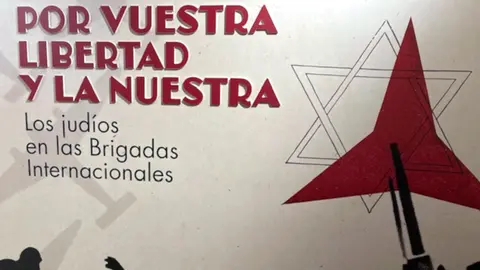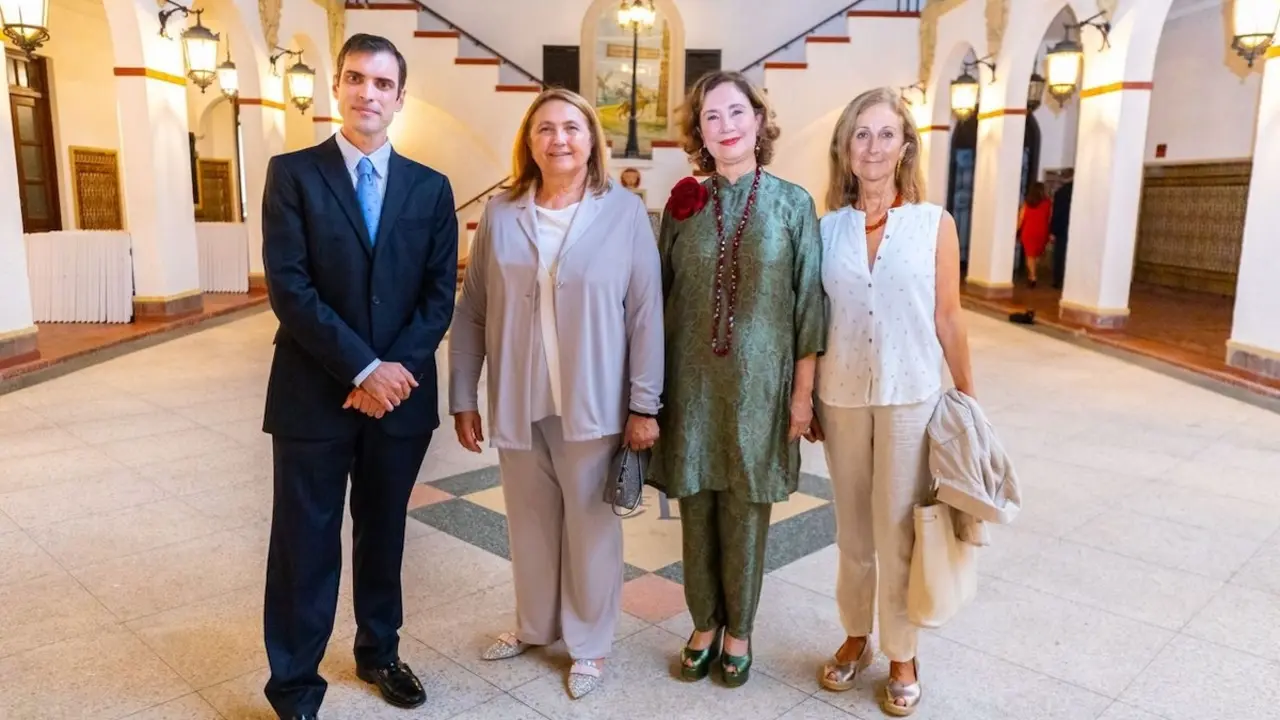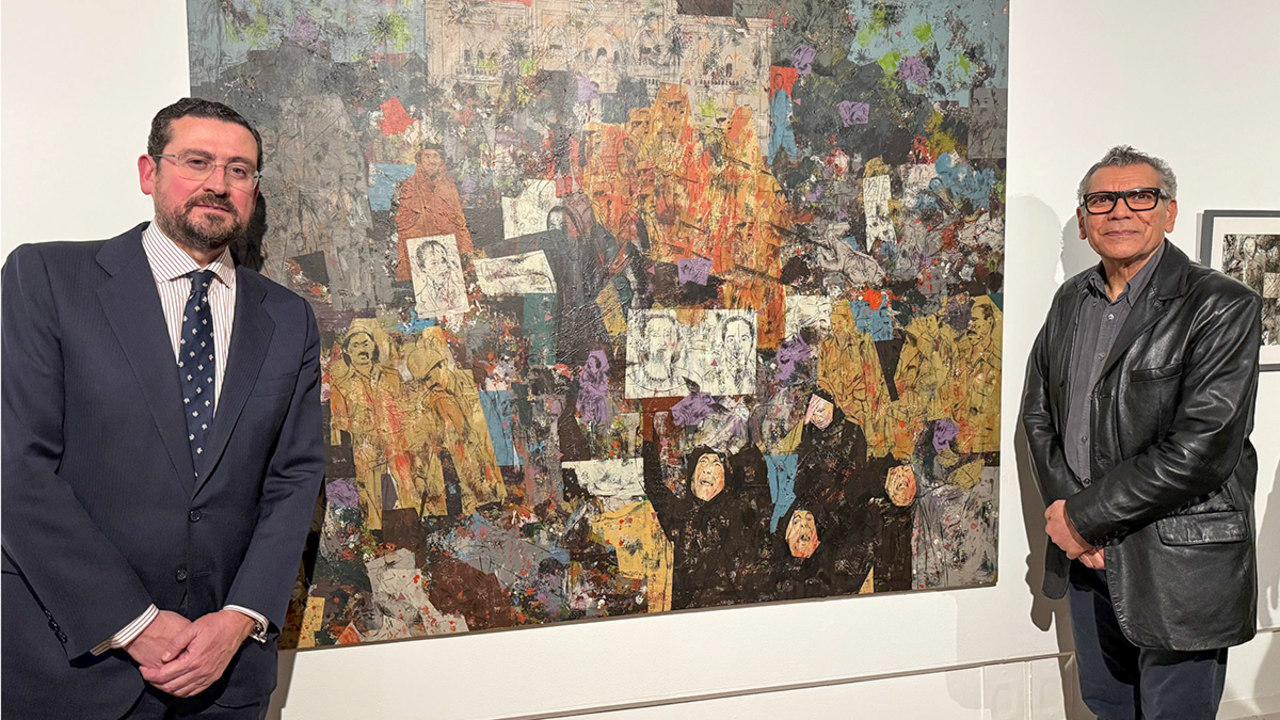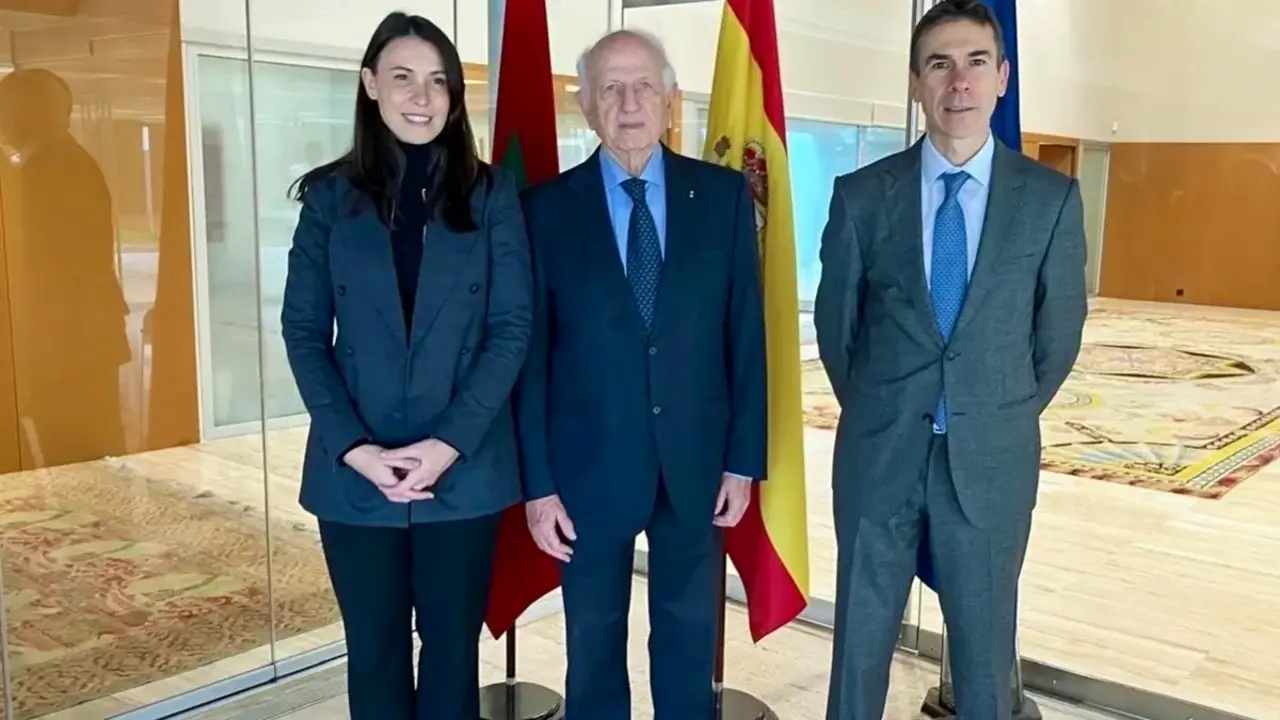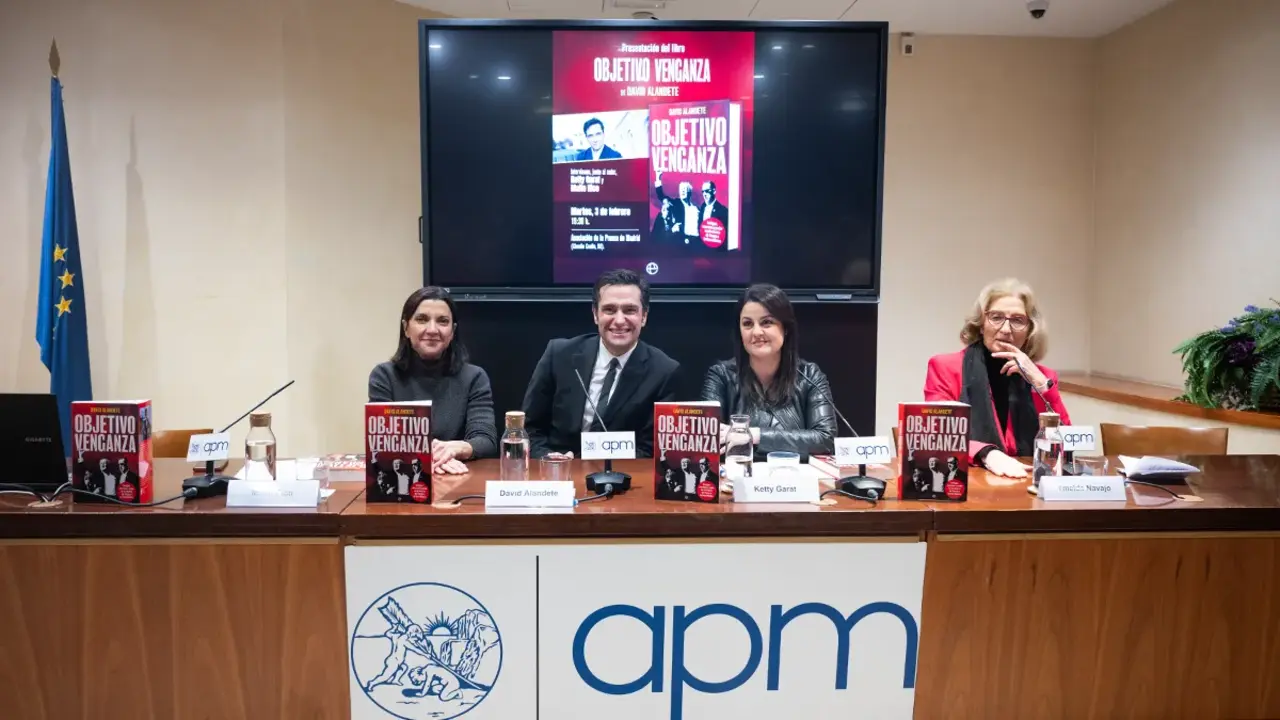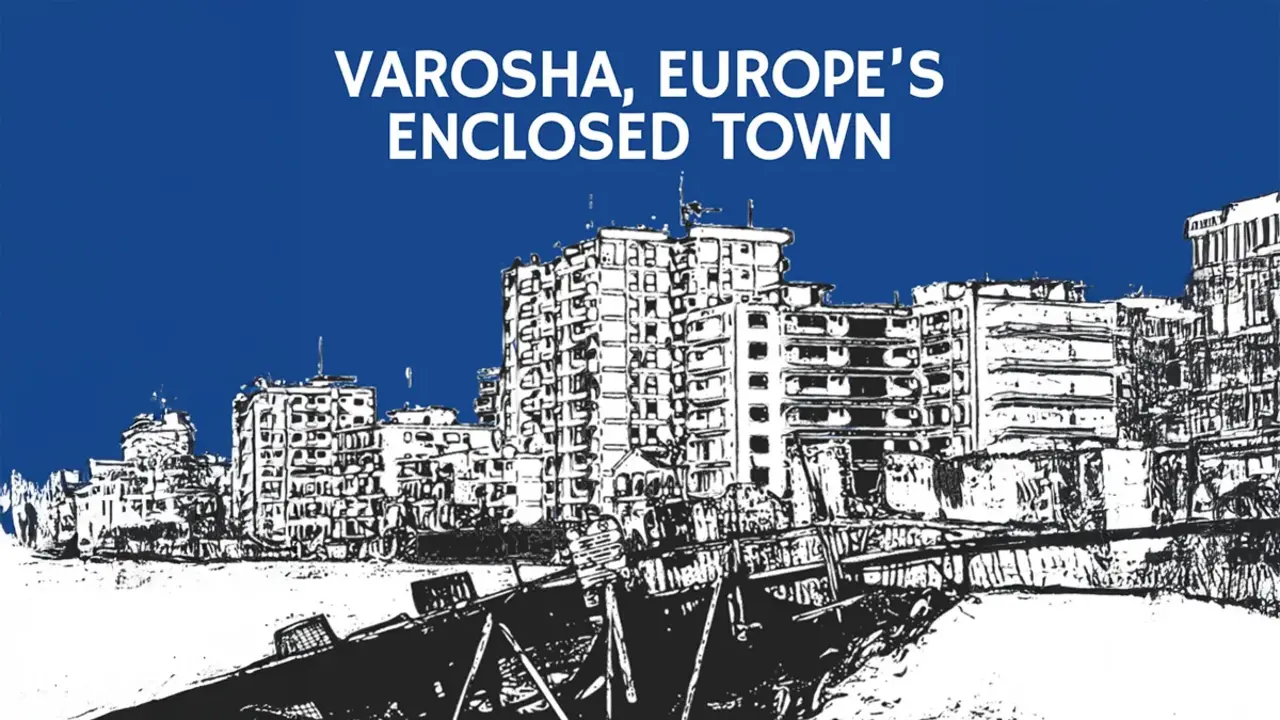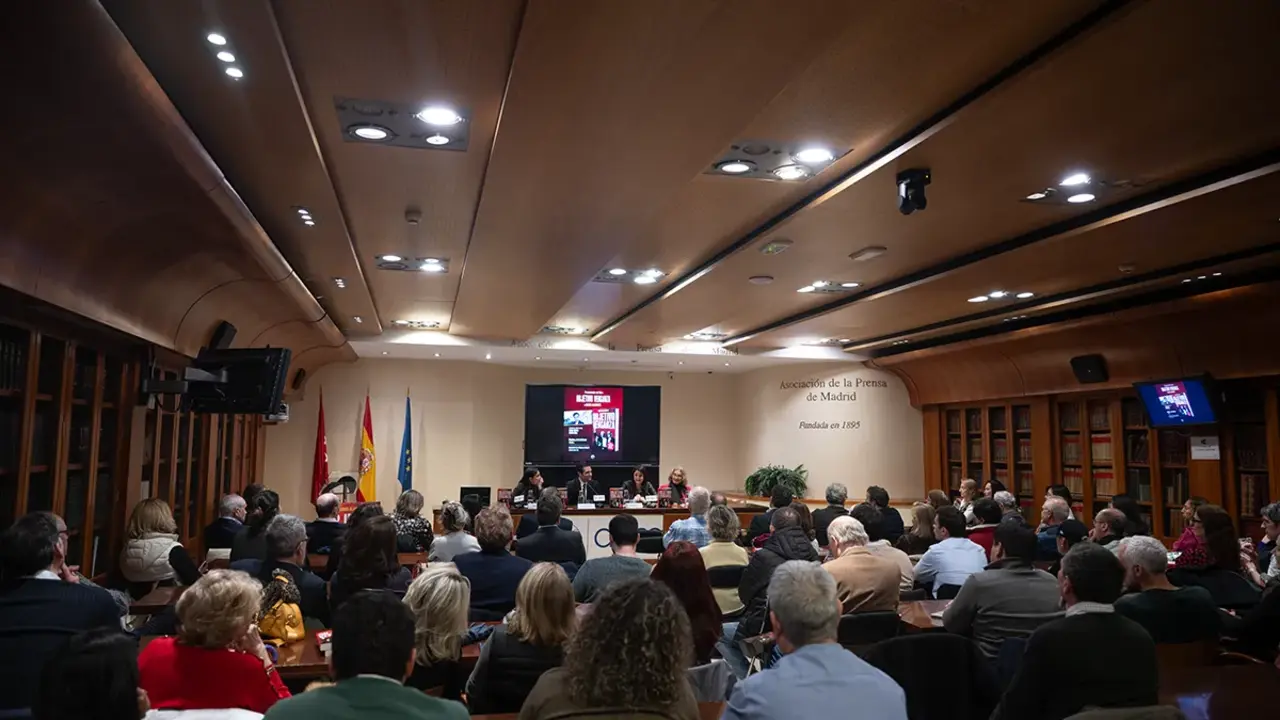The woman who breastfed a mastiff
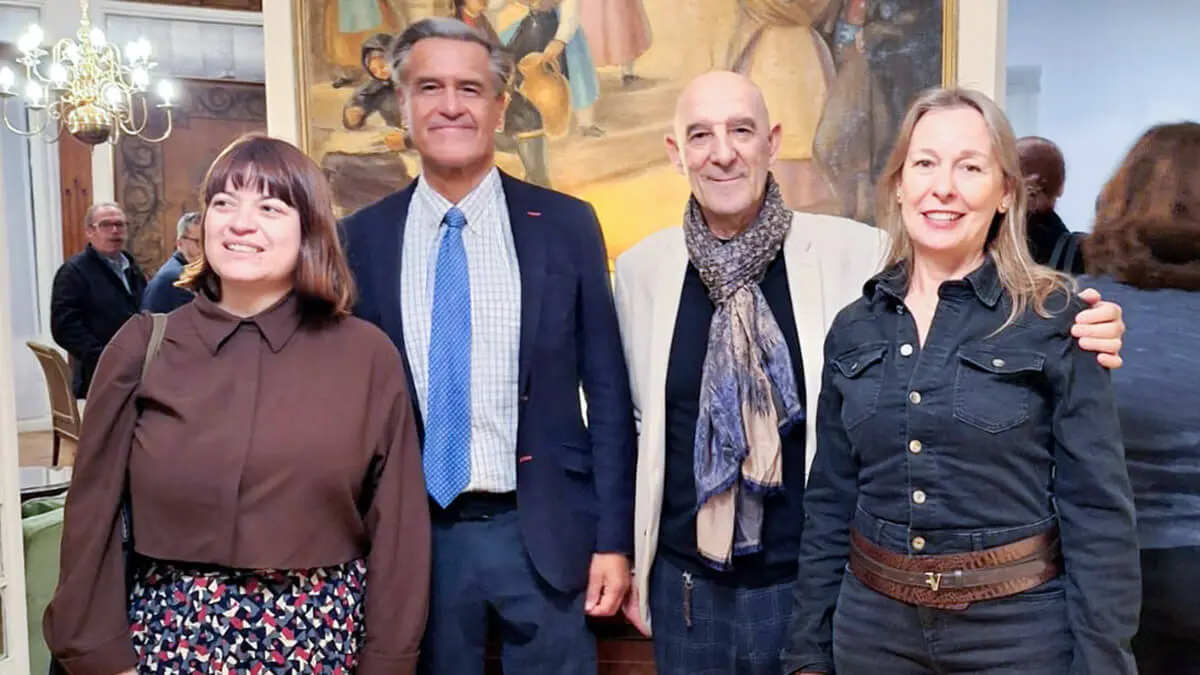
León deserves its reputation as a land of good writers. We can see this again with a new literary work that also features the lands of the ancient Kingdom, which today, much to the chagrin of many of its people, are administratively integrated into a single community together with Castile.
Born in the village of Santa Marina del Rey, Marcelino Álvarez Sánchez, a member of the National Police Force, has accumulated a long professional experience ranging from ministerial offices to diplomatic headquarters in hotbeds such as Kabul or Kinshasa. Bodyguard to ministers such as Juan Fernando López Aguilar, who has since become one of the most insistent and veteran MEPs, Marcelino Álvarez has accumulated a wealth of experience that serves to endow his characters with great realism, embedded in landscapes that he knows very well and describes magnificently.
His first novel, ‘The woman who breastfed a mastiff’ (La Vieja Era) is a great story. From the first page, where Petra breastfeeds a mastiff puppy to ease the pain in the breasts of a woman who has just given birth, to the final episodes, where evidence appears of a crime committed more than a century ago, but which is still alive in the memory of the neighbours and the stones. A novel about two lineages, and a story that, when all is said and done, could be the story of Spain itself.
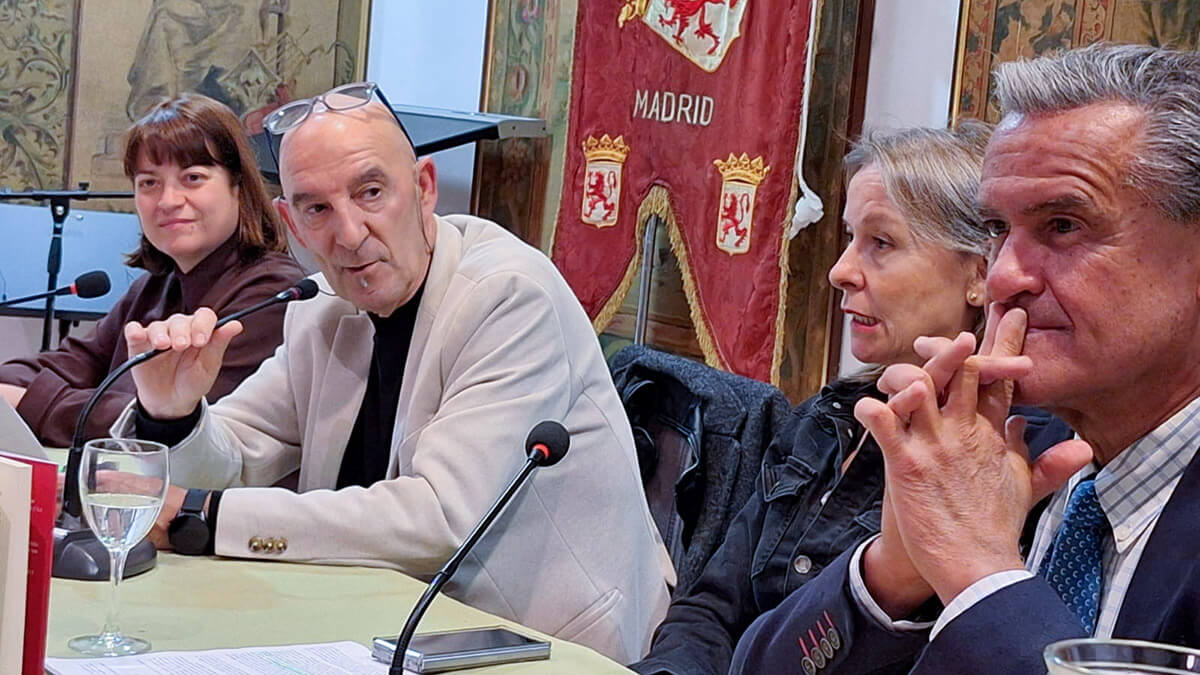
Drama, crime and mystery punctuate the story of a young woman who refused to resign herself to being a victim of her destiny. The story begins in the final days of the reign of Alfonso XII and continues to the present day. In between, diverse, excellently defined characters, from the humble girl who tries to escape poverty through hard work, to the rich bourgeois or the anarchist revolutionary. In short, dramas, excitement and passion, the accumulation of sensations and feelings of any human being, accentuated if possible by the harshness of the environment in which they happened to live.
We must therefore give a warm welcome to this first novel by Marcelino Álvarez, and hope that it is not the last. An author who makes clear his passion for history, and who lets us perceive his experience as the policeman he has been all his life, constructing a plot where nothing is false. From the young protagonist, born into a rural world that expels her like so many others, her adventures take her to a Madrid before and after our fateful Civil War, with descendants who will experience the repression of the Franco regime in the immediate post-war period, the subsequent terror of ETA and the opportunities of a new era, which will lead Petra's lineage to be alongside Princess Leonor, heir to the Spanish monarchy.
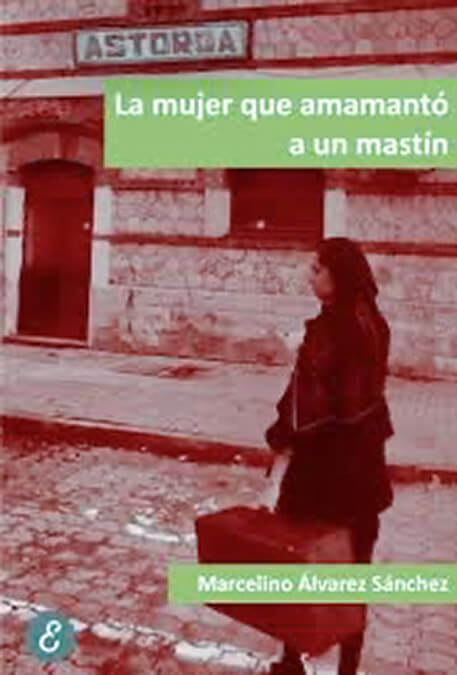
As the most appropriate setting for its presentation in Madrid, the novel was presented at the Casa de León, whose president, Belén Molleda, welcomed the author, Marcelino Álvarez, this time escorted by the General Director of Books, Comics and Reading, María José Gálvez Salvador, and by the MEP Juan Fernando López Aguilar. The former emphasised the importance of reading, with crime novels and historical novels playing a major role in shaping people's education. The latter emphasised the discretion that characterises Marcelino Álvarez's personality and the great friendship he still maintains with the man who was his bodyguard when he was Minister of Justice, while evoking his responsibility in police operations in countries such as Afghanistan and the Democratic Republic of the Congo.



